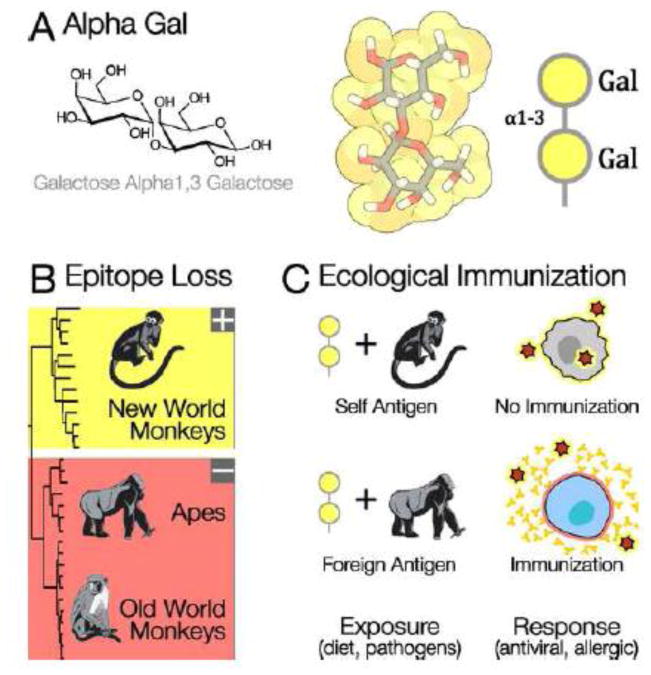Figure 2. Alpha Gal: A Recently Evolved, Highly Reactive, Foreign Antigen.
A) Alpha gal, a common structure on animal glycans, is a terminal galactose alpha 1,3 linked to an underlying galactose. B) 1,3galactosyltransferase ( 1,3GT), the enzyme that synthesizes alpha gal, was inactivated at the common ancestor of Old World Primates [63]. Apes, humans, and Old World monkeys cannot synthesize the terminal alpha gal linkage. Most mammals, including the New World primates, do synthesize the alpha gal epitope. C) Individuals can be immunized against foreign glycans by exposure to them on pathogens, or by their presence in the diet. The loss of alpha gal may have made Old World primates resistant to infection, because anti alpha gal antibodies target this foreign epitope on enveloped viruses coming from other mammalian species [64]. Anti alpha gal antibodies can cause severe allergic reactions in humans that eat red meat after immunization by a tick bite [65]. Alpha gal antibodies also prevent organ transplantation from other mammal species – pig organs are rejected partly because they are rich in alpha gal [66]. Anti alpha gal antibodies have a potential medical applications if they could be directed against pathogens or cancerous cells [67].

